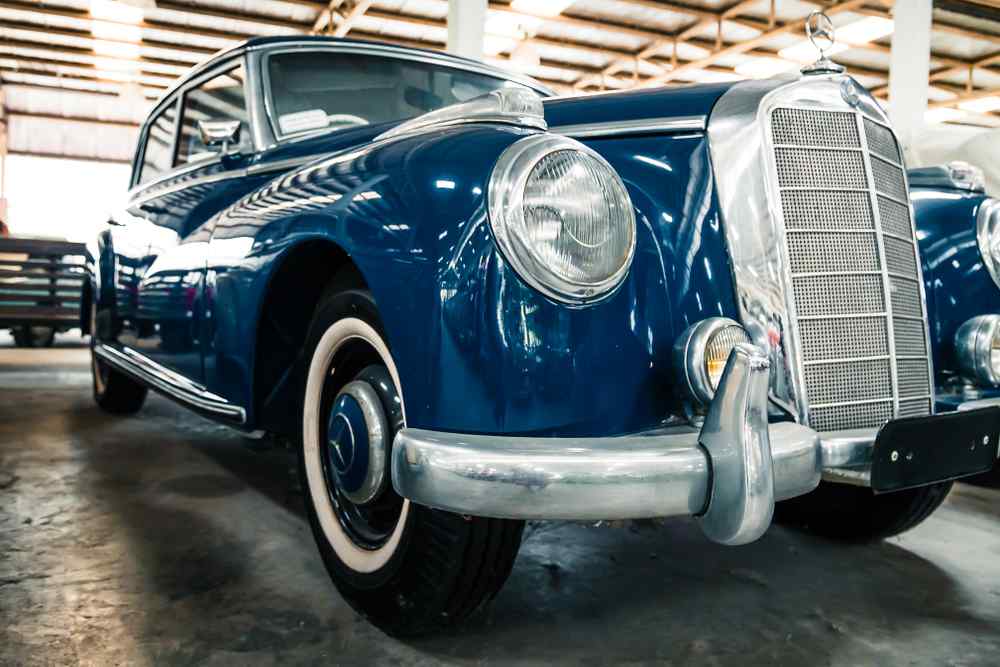
Menu



September 21, 2022

Think of joining Amazon Relay?
You’ll need the right insurance
Company
Contact
Panorama Insurance Agency 19302 Citronia Street Northridge, California 91324
